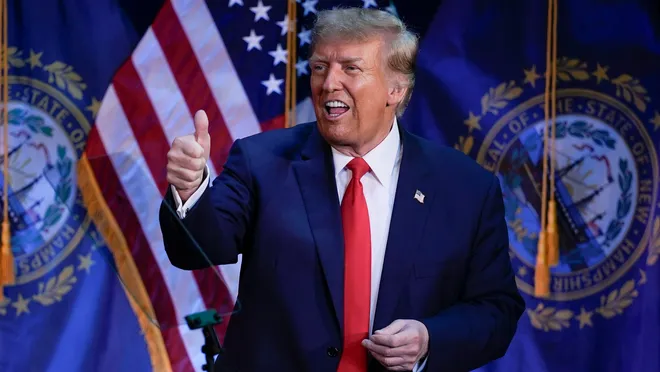Former President Donald Trump has been convicted on all 34 counts in his New York criminal hush money trial, marking the first time a former US president has faced such a verdict in the country’s history.
The jury deliberated for two days before reaching their decision. Sentencing is scheduled for July 11, with New York Supreme Court Justice Juan Merchan allowing Trump to remain free without bail.
The case revolved around accusations that Trump falsified business records to conceal a hush money payment to porn star Stormy Daniels before the 2016 presidential election.
Originally, prosecutors claimed Trump falsified records to hide unlawful interference in the 2016 election through the $130,000 payment.
Trump’s conviction, after a trial lasting over six weeks, adds another historic moment, with uncertain implications for the 2024 presidential election.
During jury deliberations, Trump criticized the charges, stating, “Mother Teresa could not beat these charges. These charges are rigged.”
The verdict drew reactions from supporters and opponents alike, with Trump supporters clashing with anti-Trump demonstrators outside the Manhattan criminal court.
Strategists suggested Trump could benefit from framing the case as stacked against him, potentially allowing him to declare victory against a rigged system if found not guilty.
Despite his conviction, Trump can still run for the White House. Legal experts note that being indicted or even in prison does not prevent someone from running for president or being elected.
However, the prospect of a convicted president serving from prison raises questions, with legal scholars noting the Constitution’s lack of explicit provisions on such a scenario.
There’s also speculation about Trump’s potential use of presidential pardon powers if reelected, although the legality of self-pardons remains untested and could potentially be challenged in the Supreme Court.


